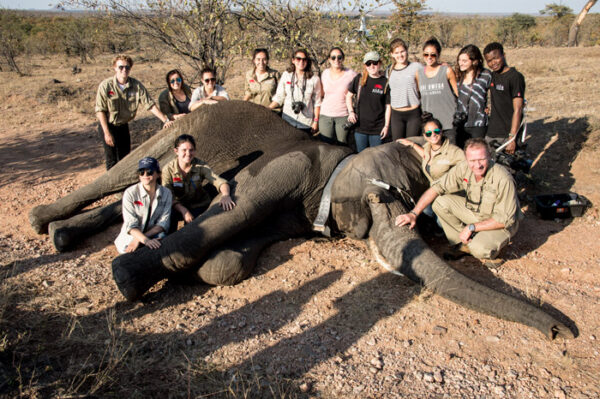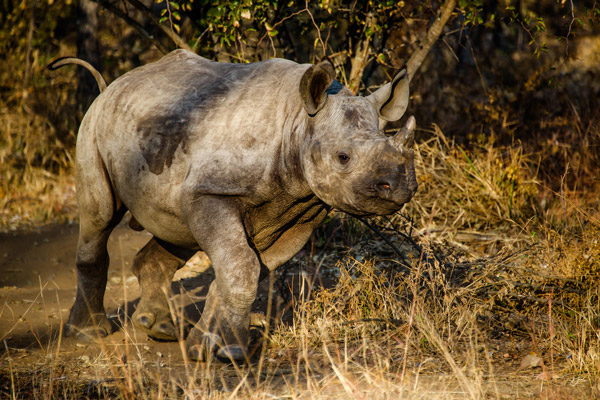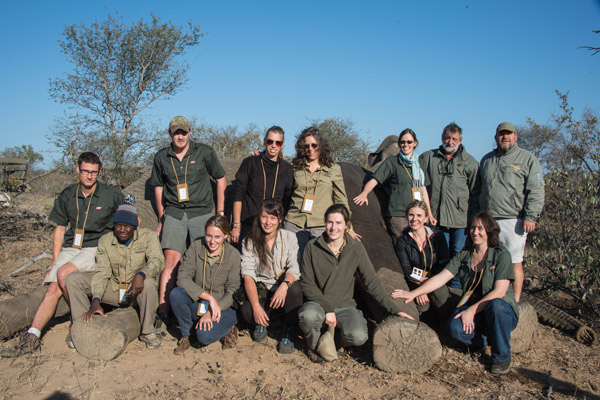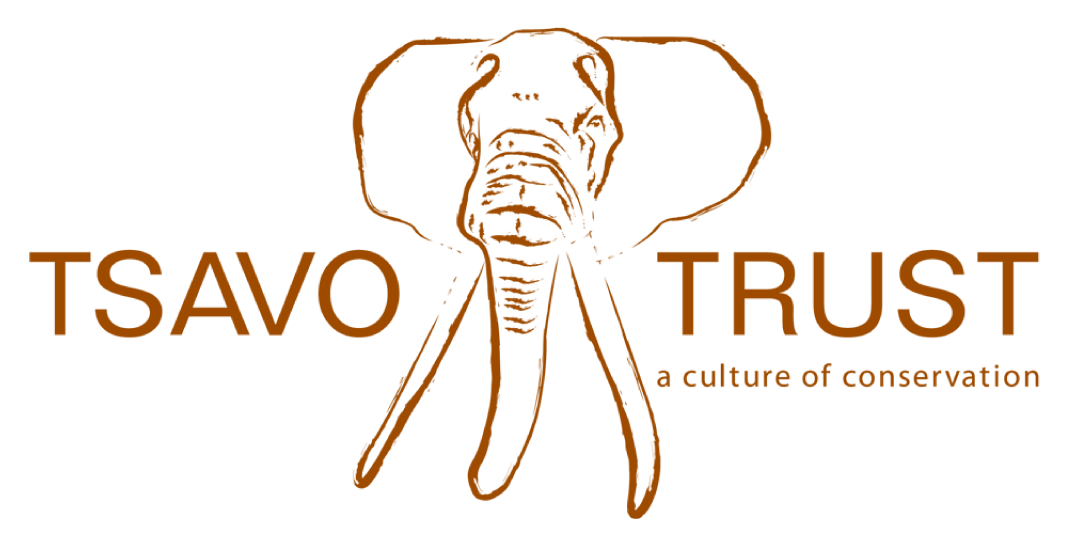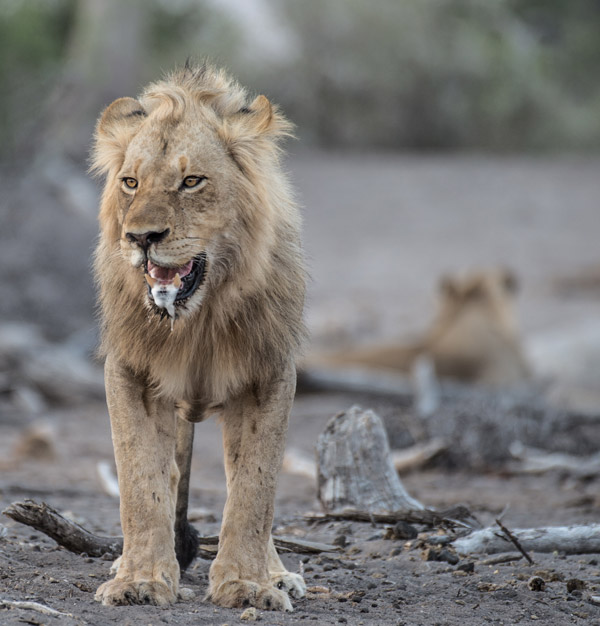
To respect and value all life means to do no harm. In this way, Safari Giants acts in alignment with the ethics informed by Blood Lions.
Standing up, speaking out
Safari Giants and Blood Lions share a common goal: to eliminate “canned” hunting and the commercial breeding of lions “for the bullet”. In addition, Safari Giants pledge to never support unethical tourist activities. By informing our clients about which wildlife sanctuaries and animal orphanages are legitimate, we’re able to guide them regarding where they should place their trust – and in many cases, their donor support.
Established in 2015, alongside the release of the film by the same name, the Blood Lions Campaign exposes the ongoing cycle of abuse and exploitation of lions.
This abuse is made possible due to the destructive practices of canned hunting, lion cub petting, walking with lions, volunteerism scams, and the barbaric demand for lion bone. Co-produced by Ian Michler and Nick Chevallier, Blood Lions was the culmination of 3 years of work, and its message endures.
Defending their freedom
Blood Lions is a term that refers to lions that have been bred commercially, in captivity, for exploitation.
After enduring appalling conditions in an unnatural environment, and being treated as domestic breeding machines, these genetically compromised lions are released into the wild, with the sole purpose of being killed for sport.
Coinciding with the killing of Cecil the lion, Blood Lions highlights that canned hunting satisfies the instant gratification market. Hiding behind the guise of “conservation”, canned hunting is quintessentially shooting fish in a barrel – hunting made easy for lazy, unethical, gratuitous hunters.
Although immoral, canned hunting is technically legal in South Africa, but only due to semantics and classifications. It falls between the gap that distinguishes lion hunting, which is legislated by the Environmental Affairs Department, from farming, which is legislated by the Department of Agriculture. Because of this, canned hunting manages to escape the ethics that guide both domains, attracting greedy breeders and hunters who lack integrity.
See – Feel – Do
By confronting the commodification of lions and predators, Ian Michler and the Blood Lions team have brought conservation, hunting and environmental ethics to the fore. Safari Giants are privileged to have access to their knowledge, passion and guidance. We’re proud to stand alongside Blood Lions and support their cause.
Do your bit. Visit www.bloodlions.org to get involved, watch the film and to keep abreast with the latest news.




